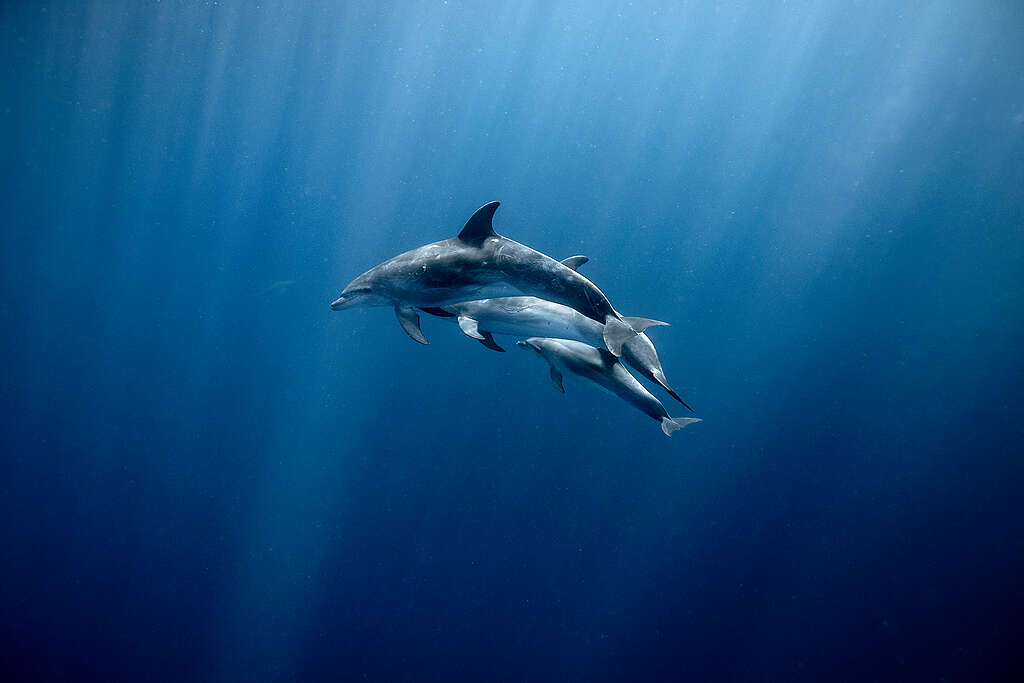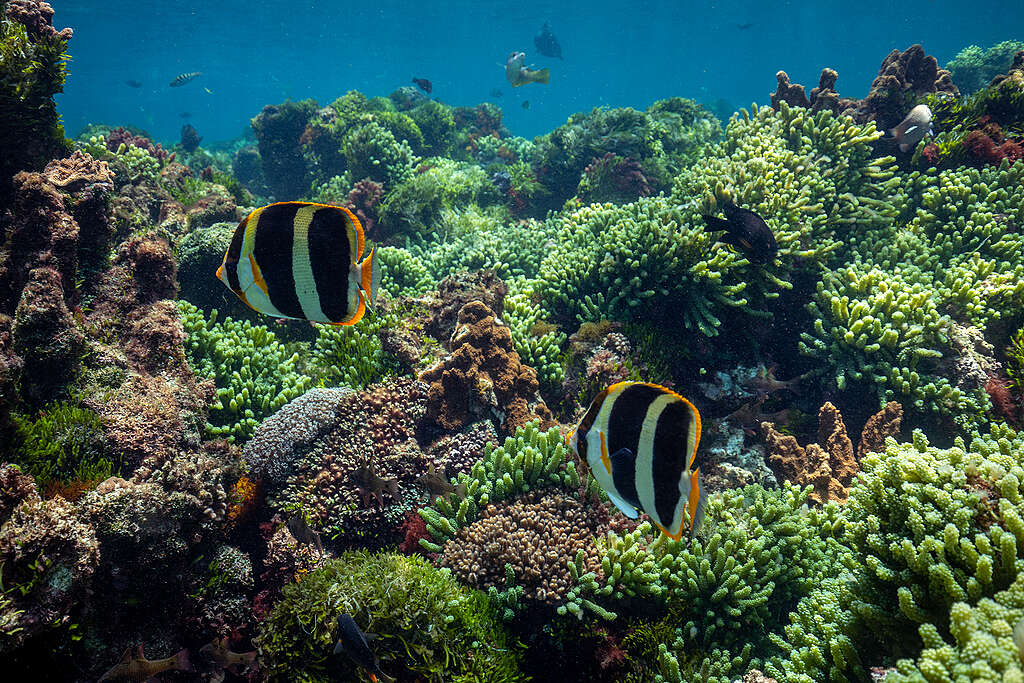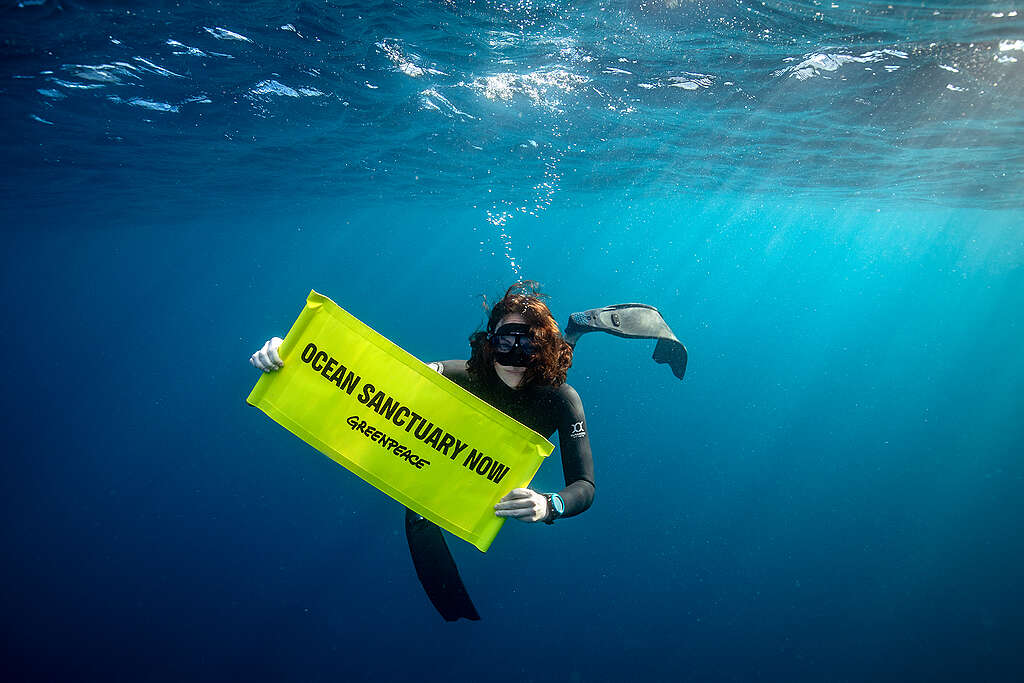Big information for our ocean, 60 countries have actually now validated the Global Ocean Treaty, indicating we currently have enough passages to bring this landmark treaty to life, allowing governments to create marine havens in global waters. This people-powered win programs just how much we can accomplish when we collaborate to require sea protection.
As a result of you, and numerous others who have spoken out worldwide, we now have the opportunity to create vast sea shelters in the high seas, safe houses where marine life can recoup and thrive.
The Global Ocean Treaty is one of the most vital worldwide defense agreements in history and the first focused on saving aquatic life on the high seas.

However here’s the catch: Australia still hasn’t ratified
Regardless of being one of the initial countries to sign the treaty at the United Nations General Assembly in 2023, ratification has actually been delayed and deprioritised. This is sufficing fine if we want to hit the international objective of shielding 30 % of our seas by 2030 Much less than 1 % of the High Seas are presently fully or highly protected. The treaty is important to expanding protection, developing refuges that assist alleviate the environment situation, and safeguarding food safety and security for the billions that depend on sea sources. Without it, the grim fate of our seas is clear: much more serious aquatic heatwaves, more loss of types and more sea acidity. Time is going out.
The Tasman Sea: Australia’s possibility to lead
Our area has several of the most phenomenal seas on Earth, but being bordered by sea is useless if we fail to safeguard it. The Tasman Sea is home to distinct and priceless aquatic life, from whales to seabirds to deep-sea ecological communities, but without solid safeguards, it stays at risk to damaging fishing consisting of lengthy lining and lower trawling.
The Global Sea Treaty provides us the device we need to change that. If Australia validates now, we can relocate promptly to propose among the very first high seas ocean havens, in the Tasman Sea. This would certainly be a heritage making step for the Albanese Government, showing that Australia can be the ocean leader we desire be.

A chance for leadership or a missed chance
Nations like Brazil, Fiji, Chile, and France are already stepping up. But Australia is dragging its feet. For a nation that asserts to be a champion of the seas, it is poor type not to be a first mover. Australia hasn’t missed the boat but it better begin swimming.
Sea defense can not wait. By developing shelters currently, we provide our oceans the room to recover from centuries of exploitation, ensuring healthy seas for generations to come.
Priest Murray Watt and the Australian Government have the power to make this happen. What they require is a clear message from everyone: the time to ratify is now.
Include your voice
Many thanks to people-power, the Global Ocean Treaty is becoming a reality. Yet unless Australia participates, we take the chance of being left behind and the Tasman Sea will certainly stay unsafe.
Together, we can push the federal government to act with seriousness. Authorize the request today and tell Priest Watt: Validate the Global Sea Treaty and assist develop ocean havens by 2030
We require to keep the concern of ocean protection high up on the government’s radar to produce political energy and get this treaty ratified. Adhering to adoption, there is additionally the critical task of making the case for aquatic secured locations, and particularly for the defense of the Lord Howe Rise and South Tasman Sea as one of the initial sites protected under the Treaty. The Global Sea Treaty is one of the most significant protection treaties in background, and it must be prioritised by Australia.

——
More detail
The Australian and New Zealand governments are yet to ratify the treaty. As one of the largest island countries in the world, Australia remains in a distinct placement to be a leader in sea security on the international phase. The destruction of the Tasman Sea is permitted to happen in lieu of a guaranteed treaty in force. We are asking the government to do 2 things: validate the Global Sea Treaty, and propose protected ocean sanctuaries in the global sea between Australia and Aotearoa-New Zealand.
We are practically there. We can protect the bustling and unique life of the Tasman Sea. With each other, we can urge the Australian government to close the loop on the treaty and bring their guarantee into force. Then, we can create safe havens for the animals we enjoy, the animals that share our blue earth. Working together, we can secure the sea that attaches us all and maintain it for generations ahead.